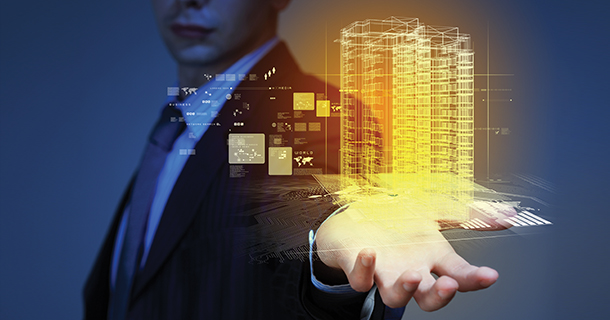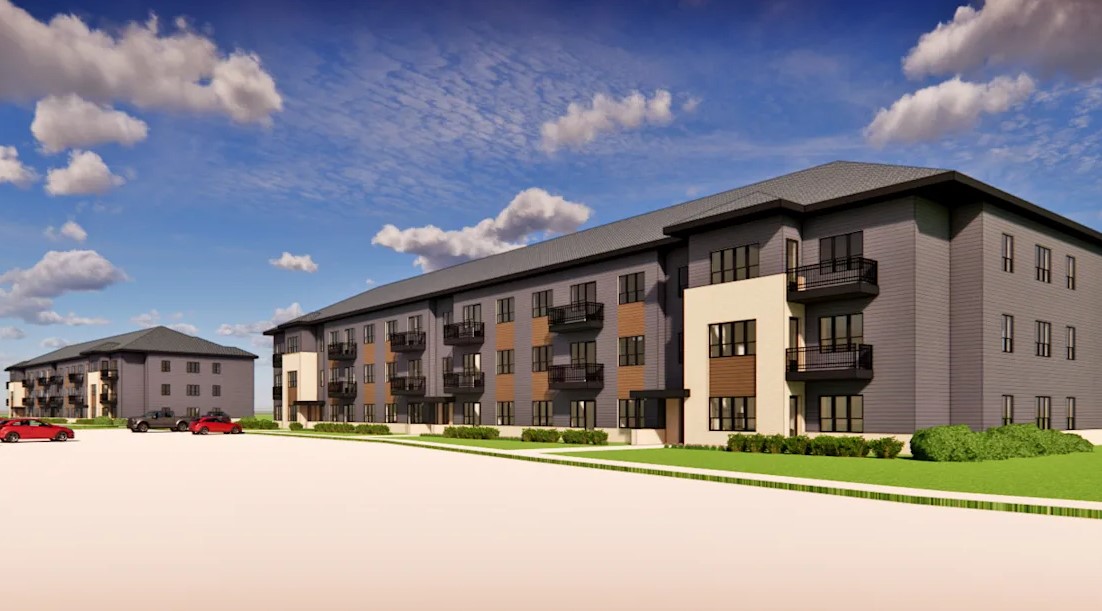Technology means tasks are completed faster, redundant processes are reduced to a click, and we’re empowered to do things we never imagined. Robots fly, collect information on distant planets, reveal our bank balance, even clean our carpets.
As Kevin Kelly states in his recent Wired magazine article: “this is not a race against the machines. This is a race with the machines. We need to let robots take over. They will do jobs we have been doing, and do them much better than we can. They will do jobs we can’t do at all. They will do jobs we never imagined even needed to be done. And they will help us discover new jobs for ourselves, new tasks that expand who we are.”
But what do robots have to do with leasing or apartments?
Apartment operations generally work on thin margins and as such, are generally slow adopters of technology that requires anything more than plug-and-play.
But that was so 2012.
In 2013, property management and much of the resident experience is being religated to technology in a drive to deliver ubiquitous service to prospects and residents, and gain greater control of the cost of doing business into today’s environment.
“Any job dealing with reams of paperwork will be taken over by bots,” says Kelly. These bots will enable property operators to transition to digitized documents, and automate its storage and management. Digitized offices will transform today’s multifamily operations, and leave no process or function untouched.
It’s only natural.
Our residents have long embraced digital technology and have become greatly accustomed to its ease and convenience.
Government agencies and their regulators have made good use of digital methods with regard to data collection, and more.
Property operations sit at the threshold of touch-screen, digital, paperless and voiceactivated world. And we’re jumping in.
An office environment that can create, transport, process, and manage smart documents is the next big thing to excite employees, investors, strategic partners, residents and prospects.
Many properties still slumber in disparate systems that peripherally surround property functions: property management software, websites, portals, email, voicemail, corporate accounting systems, and more. Let’s not even mention social networking, or virtual tours.
Paper-based business is so yesterday. But mostly, so expensive.
Eliminating paper and its cost is the most profound way to drive net operating income (NOI). The multiplier gained across a portfolio only compounds its impact.
Saving money is an obvious benefit, but there’s more. There’s also immediate gain in legal compliance, operational integrity, and resident security.
Repetitive business processes are easily automated: lease approvals, renewals, service requests and resident collections.
Corporate operations once held hostage by repetitive processes, such as employee on-boarding, accounts payable, and invoice approvals, are simplified and handled in a fraction of the time. Multiple software providers, geographic dispersal of properties, paper documents and forms, come together in a single, automated environment, making asset management simple and compliant.
What will these automation bots look like, and how will they work?
One company, SyndicIT Services LLC, has developed a Virtual Property Assistant, named Syndi that can be downloaded on any computer desktop. “She” serves as the information gateway into an advanced document management system that learns. It adapts to the way users interact, emulates repetitive work practices, and automates the tasks in short order.
Leasing office staff can easily drag and drop documents into a desktop file… the same documents that would typically be hand-filed in a cabinet. The system then stores the folder in a secure, cloud-based document management system.
In addition, the Virtual Property Assistant replicates existing workflows using a built-in configuration tool that notifies users that they have work to do in their digital employee to-do box. Instead of making faxes, sending copies, shipping boxes, waiting for signatures and approvals, the Virtual Property Assistant instantly routes documents to employees or residents for quick sign-off, and accurate storage. The system is already seeing improved efficiency, increased productivity, and employee satisfaction.
Too many property management softwares, so little time
Multihousing has left many owners and operators frustrated with the inability of their multiple software platforms to communicate, and share information. Staff must log in to multiple systems, and search for information in a variety of places.
As well, many systems require expensive, per-seat access charges that prevent the ability to provide information to third-parties, business partners, and others who cannot easily share log-in. Such status-quo will not suffice in years to come as property operators realize the need to operate at the speed of light. With automation bots such as Syndi, all line-of-business applications will be linked, and documents pertaining to operations will be stored in a central location where they are accessible 24/7, to your entire organization.
Your property management system can automatically create electronic file cabinets for every single resident. You can even configure these files to be systematically checked for compliance, ensuring that all required documents are properly contained. On-site property audits are now solved remotely, and at a fraction of the cost.
Robotic technology will also surround intelligent multi-function printing (MFP) devices. Properties can turn their printer into a productivity station where documents are instantly routed to regional managers, corporate offices or business partners, with a click. With the impact once felt by the invention of the Fax machine, MFPs will eliminate shipping and reduce processing time with seamless integration. Wait. There’s more. Consider configuring scanners in much the same way, sending scanned documents to a prospective to sign, or triggering workflows by clicking scan, and then whomever you select receives an notification email to review a new document.
No emails to write, no copies to make, just a button to click.
MFPs will become even more capable as technology surrounding optical character recognition (OCR) advances. The future scanner at your leasing office will automatically name documents pertaining to a resident, extract key information, and eliminate the need for manual data entry (which can be error-prone).
Imagine a future where lease documents are analyzed for data relevant to reporting metrics, without a human eyes ever seeing it.
Ultimate productivity is doing more with less, and doing it better. Analysts suggest that 40 percent of leasing staff time is spent handling paper. Automation means filing, copying, storing, faxing, and mailing will be eliminated by automated capture and workflows. Indeed, time is the one thing you can’t make more of.
Gaining time in your on-site operation delivers a powerful yield.
Such advances also deliver more time for residents and prospects. And user-friendly technology can reduce turnover, and enhance your ability to attract and retain top-flight staff.
The human touch
Some fear that the advance of robotic technology will result in the replacement of humans. Not true. Agent-resident interaction is key to community building, and drives resident retention. The transition to automated business practices enhances operational success, and makes time for community building and customer retention.
“Innovative American companies that have used automation become stronger global competitors,” states the Automation Industry Association (A3).
As robotic automation becomes more prevalent in business, companies will reap the financial benefits of increased productivity and improved efficiency. In the multihousing industry, where automation means increased funds for operations, heightened security around private information, and assured regulatory compliance, the results are only compounded.
As asset portfolios grow and compete, automation will become mandatory for profitability.
Dr. Peter Weill, of MIT’s Sloan School of Management’s Center for Information Systems Research recently told the Wall Street Journal: on average “IT-savvy companies are 21 percent more profitable, and there are two sources of their greater profitability: lower costs for running existing business processes, and faster innovation.”
Multifamily properties that can innovate their business processes, integrate and centralize their existing line of business applications to deliver knowledge, and use digital platforms to collaborate with others, will be the winners.
As property owners and operators evaluate the next steps toward greater profitability, think automation.
Robots will not take over the world, but automation intelligence will continue to free business operations from repetitive processes and streamline organizations.
Fortunately for apartment operators, this advancement solves challenges facing corporate-to-property, and fee management relationships. Just as robots can assemble parts to build an automobile, business automation will allow any portfolio to assemble and centralize the information necessary to enhance operational efficiency.
Author: Lauryn Schimmel is managing director of SyndicIT Services













